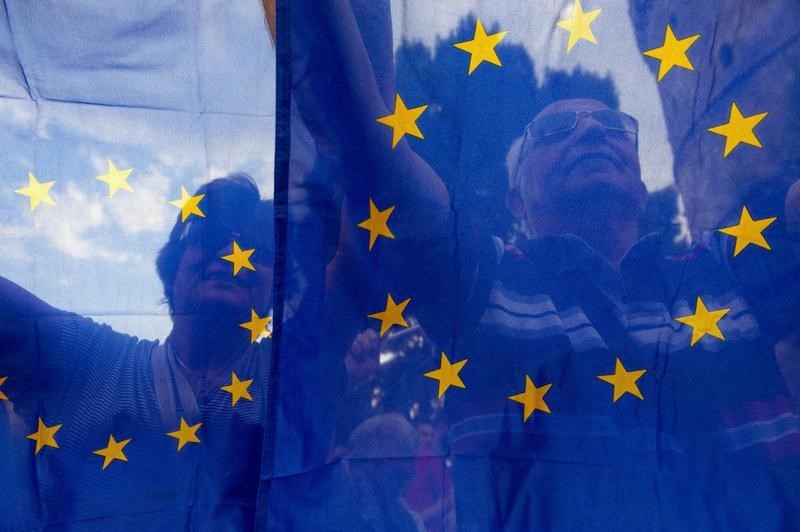BRUSSELS, Feb 1 (Reuters) - European Union envoys agreed on Wednesday to extend emergency border controls inside the bloc's free-travel zone for another three months to mid-May, as immigration and security continued to dominate the political agenda.
The so-called Schengen zone of open borders collapsed as about 1.5 million refugees and migrants arrived in the bloc in 2015 and 2016, leaving the EU scrambling to ensure security and provide for the people.
Germany, Austria, Sweden, Denmark and Norway started imposing the emergency border controls from September, 2015, and got the go-ahead on Wednesday to keep them in place for longer. is all but certain to seek further extensions beyond that in the build-up to Sept. 24 national elections.
The influx of refugees and migrants has triggered a political crisis and bitter feuds between EU member states, which have not been able to agree on how to share the burden.
This has further strained the EU's troubled unity, adding to challenges facing the bloc - from the rising power of China and a more assertive Russia, to radical Islam in the Middle East and North Africa and the threat of attacks in Europe, to uncertainty shrouding the trans-Atlantic relationship under the new U.S. President Donald Trump.
